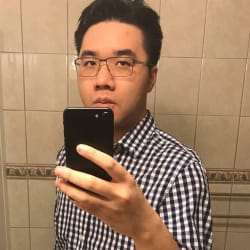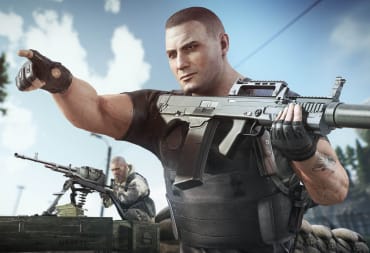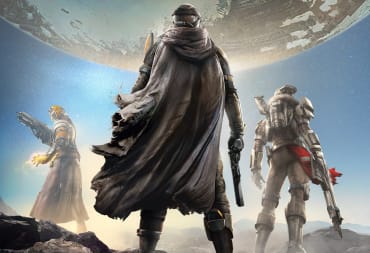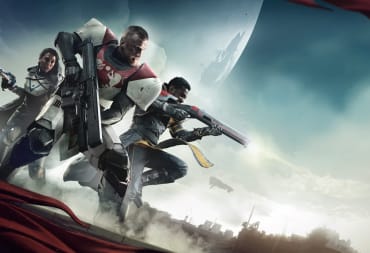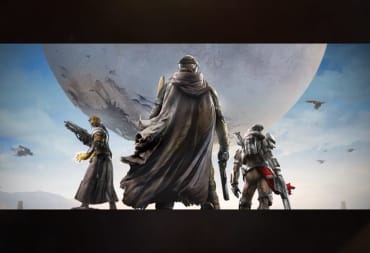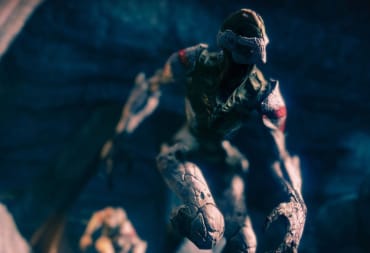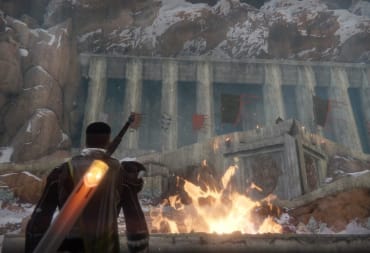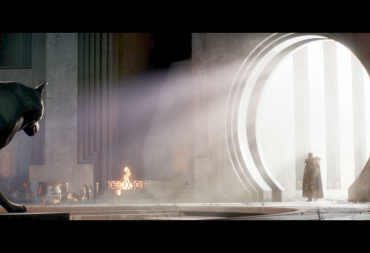Within a day of its release, Destiny had shipped over half a billion dollars worth of games to stores around the world and sold another couple million copies through digital marketplaces; by the end of the week, it was unquestionable that Destiny would be the game that everyone would be talking about for the next few months, if not years. For all intents and purposes, Bungie's first new IP since Halo was a runaway success, with an alleged playerbase of over 20 million people by the time of its one year anniversary. But as we all know, such numbers are rather irrelevant to the end user, as their satisfaction comes first and foremost to them, and rightfully so as people, not raw numbers, ultimately shape the legacy of games, and it is people that are the all-powerful factor that differentiates a game like Minecraft from No Man's Sky.
To their credit, Bungie did do a good job at making sure that Destiny delivered a memorable experience. After all, everyone knew what they were capable of with Halo, and Destiny was held to a higher standard as a result, for better or worse. Fans of the game will likely tell you of how ecstatic they were when they first beat the game's Raids after countless hours and innumerable tries or how envious they were when a friend of theirs got their seventh Gjallarhorn in as many days, experiences that have yet to be truly replicated to this day in any other game since then.
However, those same fans may also tell you of how unbelievably frustrating the Crucible (Destiny's PvP mode) was in every single aspect from map design to weapon balancing to reward distribution, and perhaps even how outright flawed Destiny was before it launched, from the presentation of its story, to all the mildly scandalous development potholes that Bungie hit along the way, to the fact that people practically begged for useless microtransactions after a while, despite all the outrage that such a notion had initially generated. At the end of the day though, virtually everyone will tell you of how Destiny had the potential to revolutionize game design, but ultimately failed in this regard due to the (reasonable or otherwise) demands of its audience.
You don't really need to look any further than The Division to find such proof of Destiny's influence. Given that The Division was released some two years after Destiny, it would be rather doubtful that Ubisoft made The Division as a clone of Destiny, but the fact remains that in the months leading up to The Division's release, people kept comparing the two. Will it have raids? What kind of post-launch content and support will there be? What will the PvP be like? How about the loot system, or story, or ability trees? True, such questions didn't necessarily have to stem from disgruntled Destiny players, but it was certainly amplified by the state that Destiny was in at the time, with no small amount of discontent resulting from the game's somewhat lackluster DLCs.
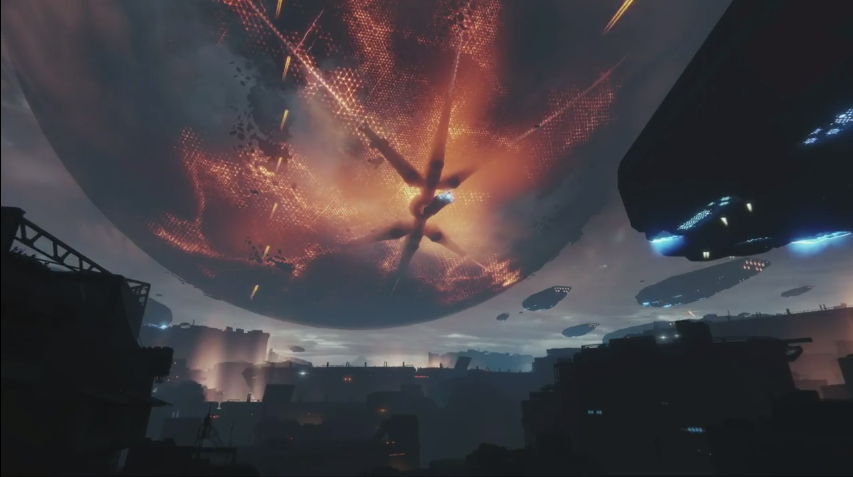
Of course, you may argue that it was Borderlands that paved the way for Destiny to succeed to begin with, given that it popularized the loot-based MMORPG-lite FPS experience on consoles, but ask yourself this: when Anthem, BioWare's new IP, was unveiled at E3 2017, what was the game that everyone kept comparing it to? Like it or not, Destiny is the new benchmark for such games, not because it was this perfect game that everyone loved and still loves, but because it was ultimately a flawed product in so many different ways. As such, virtually everyone knows what to keep an eye out for; the warning signs that so and so developer didn't watch the competition closely enough, which in itself is something that we should perhaps be thankful for lest another developer tries to justify the lack of end-game content matchmaking as an improvement to your gameplay experience.
In all fairness, as Bungie and Activision are finishing up Destiny 2, perhaps Destiny's greatest triumph was proving that if you have solid core gameplay mechanics, then almost every other fault becomes tolerable. The story may be nonexistent, the enemies may be needlessly frustrating, the weapon balancing may as well have been decided by handing an Etch-A-Sketch to a monkey, but the core gameplay was fairly unique and near faultless. The Division suffered many of the same faults as Destiny, but when all was said and done, the former just didn't feel as fluid and satisfying to play as the latter. It certainly didn't hurt that Destiny had some very good music thanks to Marty O'Donnell, which can often be a small, underappreciated detail that shifts an experience from being merely mediocre to being great.
For all anyone knows, Destiny 2 may as well just be comprised of leftover DLC levels, higher-resolution textures, and cut voice acting from the first game, but is that really so bad? People stayed with Destiny far longer than one would expect given all the valid complaints that they had (the game's subreddit is still relatively active for a three year old game); after all, criticism about the story and balancing and lack of matchmaking are relatively easy to fix compared to the prospect of overhauling a game's movement and shooting mechanics and subsequently adjusting literally everything else to compensate. Maybe, just maybe, Bungie will have learned much from the feedback from the first Destiny, and who knows, Destiny 2 may eventually win back even the most stubborn of critics and players that left its predecessor.
Have a tip, or want to point out something we missed? Leave a Comment or e-mail us at tips@techraptor.net

